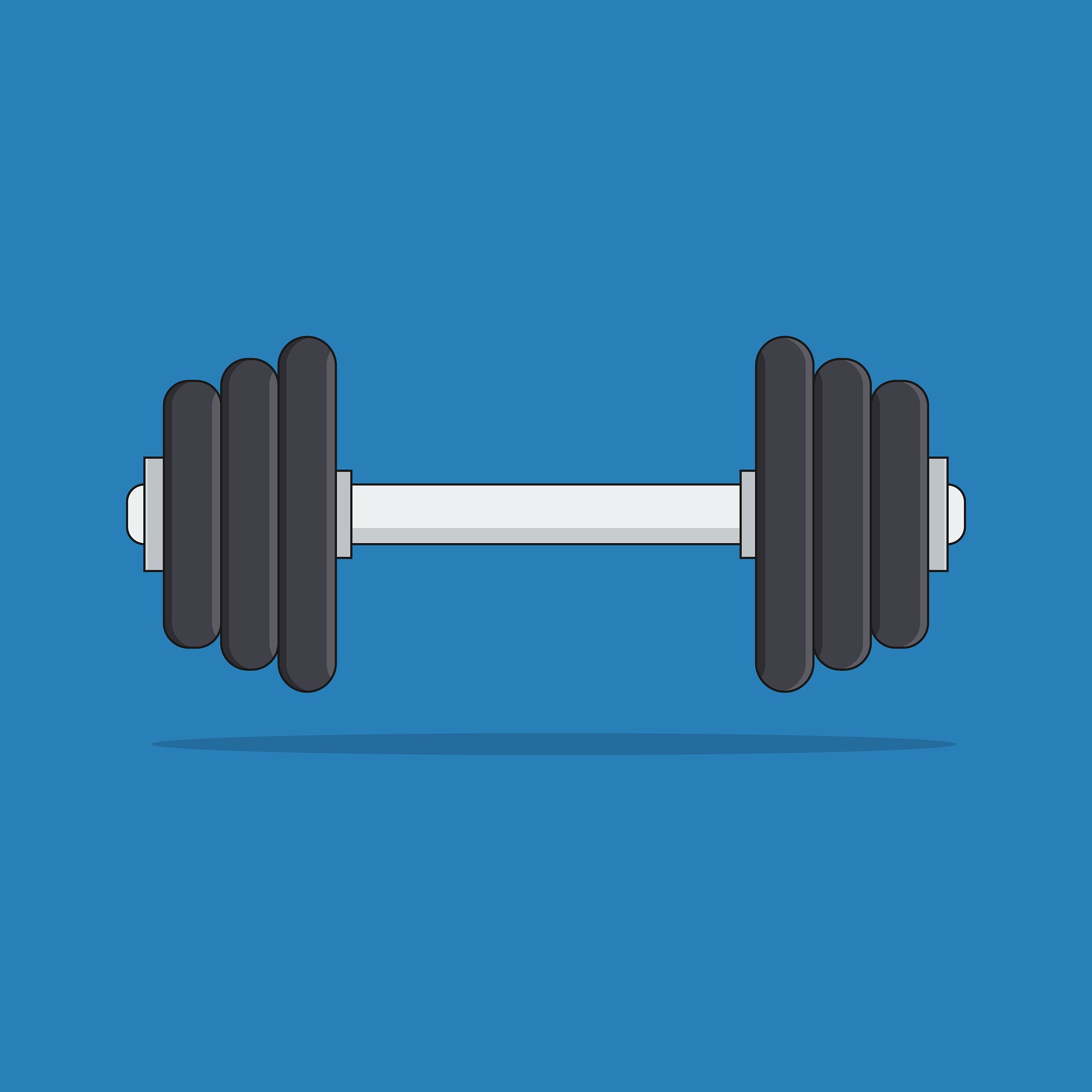

Physical fitness is defined as one's ability to seamlessly and efficiently perform daily activities through the use of different body systems.
On a basic level, fitness can be achieved through improving cardiovascular health, strength levels, and eating the right foods.

Aerobic fitness, or cardio, refers to the extent to which a person can efficiently deliver oxygen to their muscles. It is directly influenced by heart rate, VO2 max, and general conditioning. The American Heart Association suggests 30 minutes of cardiovascular exercise everyday to maintian basic heart health. This exercise can be in the form of running, swimming, cycling, walking, rowing, jumping rope, or many others. Some benefits of performing such exercises regularly include a lower risk of heart disease, lower blood pressure, targeted weight loss, lower resting heart rate, and improved cardiovascular conditioning.

Anaerobic fitness refers to the extent to which one acquires musclar flexibility, strength, and endurance. The anaerobic energy system is different from the aerobic energy system in that the anaerobic system functions without oxygen, and sustains high impact exercise for a short duration of time. Examples of movements that require high levels of anaerobic fitness include sprinting, jumping, and lifting weights. Experts at Mustangs Health recommend few and evenly-dispersed strength sessions throughout the week to complement regular cardio sessions in order to build functional muscle and maintain good health.

A healthy and balanced diet is perhaps the most important factor in determining one's overall health. Dieticians at Mustangs Health recommend individuals eat within their daily caloric expenditure to prevent excessive weight gain or loss. Our experts advcoate eating three meals a day, with each meal including complex carbohydrates, lean protein, fruits, unsaturated fats, and vegetables. One example of a healthy breakfast is oatmeal with banana pieces and peanut butter with scrambled eggs and spinach on the side. In addition to eating 3 meals a day, nutrition experts here at Mustangs Health advise eating one to two healthy snacks a day.